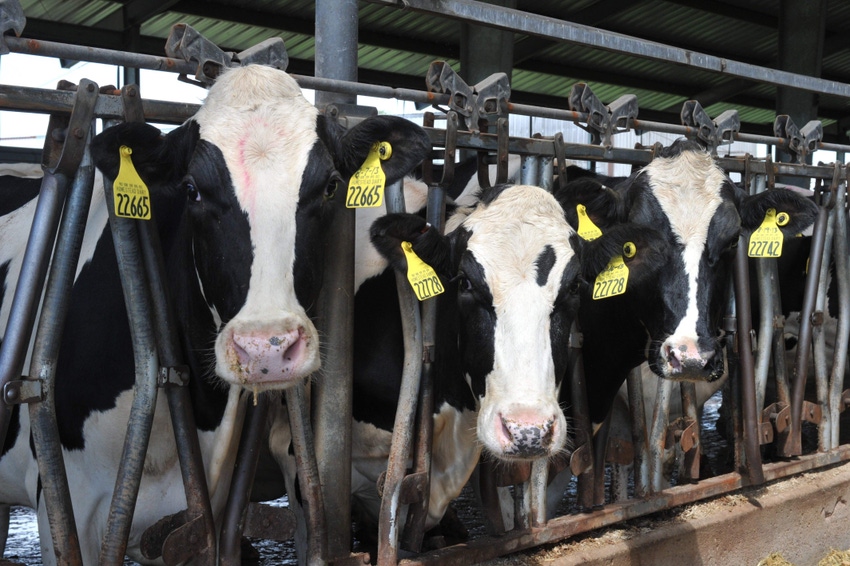GCI-funded research aims to reduce enteric methane emissions
Research includes examining hydrogen production and utilization in the rumen as well as generating information needed to selectively breed low methane-producing cattle.
September 15, 2023

The Greener Cattle Initiative, a multi-partner international consortium investing in research mitigating enteric methane, was awarded additional grants to reduce enteric methane emissions from cattle. The grants aim to understand how mitigating methane emissions impacts cows’ biology, performance and health, and if selective breeding can result in cows that produce less enteric methane.
Cows and other ruminant animals produce enteric methane as part of their natural digestive process. This methane is the single largest source of direct greenhouse gases in the beef and dairy sectors. As the global demand for animal products, such as milk and meat, is expected to increase by more than 60% in the coming decades, livestock production will need to expand as well, further increasing enteric methane emissions. Reducing these emissions is critical to slowing the effects of climate change while also helping the dairy and beef sectors meet their sustainability goals. However, more research is needed to determine how to safely, sustainably and productively reduce the amount of methane cows produce.
“The challenge of enteric methane emissions from beef and dairy cattle is complex,” said Nikki Dutta, FFAR interim scientific program lead for Advanced Animal Systems. “As a result, we need innovative and interdisciplinary research to advance our understanding of enteric methane emissions and inform the development of interventions that provide dairy and beef producers with safe, practical options to reduce enteric methane emissions."
Microorganisms in the rumen, the large fermentation vat that serves as the first compartment of the ruminant stomach, use hydrogen and carbon dioxide to produce large volumes of methane. Roderick Mackie, professor in the Department of Animal Sciences at the University of Illinois Urbana-Champaign received $2,494,394 to lead an international research study on how diets and different additives affect hydrogen production and utilization in the rumen of both beef and dairy cattle and how these changes in hydrogen dynamics affect the amount of enteric methane produced. The University of Illinois is contributing additional funding for a total $3,221,254 investment.
Additionally, Francisco Peñagaricano, assistant professor in the Animal and Dairy Sciences Department at the University of Wisconsin–Madison, received $2,301,499 to conduct research combining interventions that address selective breeding, data on milk composition, and rumen microbes to reduce enteric methane emissions. His research focuses on evaluating cattle genome for methane traits, including those for methane production and residual methane production. The goal of his research is to be able use this new knowledge to inform the selective breeding of U.S. dairy cattle with lower emissions. The Council on Dairy Cattle Breeding is contributing additional funding for a total $3,301,496 investment.
“The research investments announced today can potentially deliver new mitigation options and long-term benefits,” Dr. Juan Tricarico, senior vice president and distinguished scientist for environmental research at the Innovation Center for U.S. Dairy. “Studying hydrogen production and utilization in the rumen can uncover new pathways for development of yet unexplored mitigation options, and generating the information needed to selectively breed low methane-producing cattle can lead to permanent improvements that accumulate over time.”
In August, GCI awarded its initial grant to Penn State’s Distinguished Professor of Dairy Nutrition Alexander N. Hristov to develop new enteric methane inhibitors, naturally occurring or synthetic compounds that when ingested by cows can decrease enteric methane emissions. Hristov’s research is also exploring ways to deliver inhibitors to cattle efficiently.
You May Also Like



